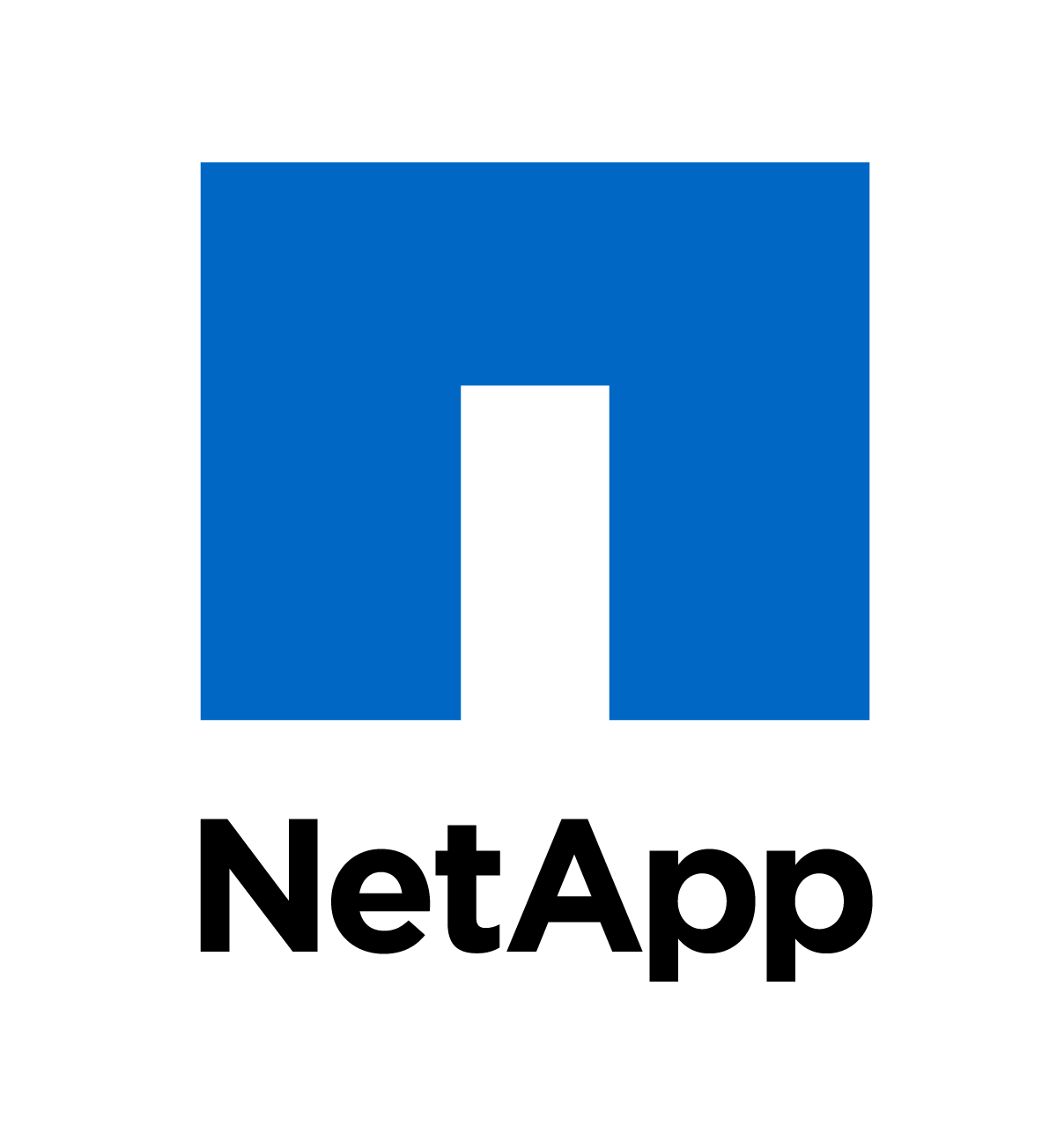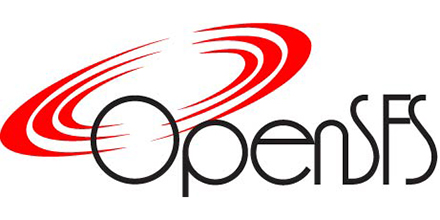iRODS Consortium continues to grow, signs on to OpenSFS



CHAPEL HILL, NC - Two companies involved in data storage and cloud-based data services recently became the 17th and 18th members of the iRODS Consortium, the membership-based foundation that leads development and support of the integrated Rule-Oriented Data System (iRODS).
Quantum and NetApp join Bayer, Dell/EMC, DDN, HGST, IBM, Intel, MSC, the U.S. National Institute of Environmental Health Sciences, OCF, RENCI, the Swedish National Infrastructure for Computing, SURF, University College London, University of Groningen, Utrecht University, and the Wellcome Trust Sanger Institute as iRODS Consortium members. Quantum is a leading expert in scale-out tiered storage, archive and data protection, providing solutions for capturing, sharing and preserving digital assets over the entire data lifecycle. NetApp, the data authority for hybrid cloud, provides a full range of hybrid cloud data services that simplify management of applications and data across cloud and on-premises environments to accelerate digital transformation.
As members of the iRODS Consortium, they will help to guide the future development of iRODS as open source data management software that supports data virtualization, data discovery, workflow automation, and secure collaboration. iRODS has been deployed in thousands of locations worldwide, across industries as diverse as oil and gas, life sciences, physical sciences, archives and records management, and media and entertainment.
"Our community of users is growing and it is essential that we grow our consortium at the same time," said iRODS Consortium Executive Director Jason Coposky. "Both Quantum and NetApp are leaders in their fields and they will offer great insight into their internal data management needs as well as the needs of their customers. As software that is driven by the requirements of the user community, this is essential and we look forward to their contributions as we continue to develop and improve the iRODS platform."
iRODS takes an active role in Lustre community
In another community building effort, the iRODS Consortium recently signed on to the Open Scalable File Systems, Inc (OpenSFS), a nonprofit organization dedicated to the success of the Lustre file system, an open source parallel distributed file system used for computing on large-scale high performance computing clusters. OpenSFS was founded in 2010 to advance Lustre development, ensuring it remains vendor-neutral, open, and free. iRODS developers are working with Intel’s Lustre group to improve integration between iRODS and Lustre. The goal is to offer an integrated tiered solution to Lustre end-users that allows them to easily move data sets from HPC systems into less costly long-term storage systems, where the data can be managed, shared and kept secure using iRODS, said Terrell Russell, iRODS chief technologist.
"As we work to integrate iRODS with one of the most successful and widely used high performance distributed file systems available, it makes sense that we participate as active members of the Lustre community," said Russell. "Through OpenSFS we have that ability."
Those interested in learning more about iRODS, its capabilities, and how it is used in life science research and businesses, can talk to members of the iRODS team at this week's BioIT World Conference and Expo in Boston. iRODS developers will be in booth 316 from Tuesday, May 15 through Thursday, May 17.
Registration still open for 2018 User Group Meeting
iRODS users from around the globe will gather in Durham, NC June 5 - 7 for the annual iRODS User Group Meeting (UGM). The meeting gives iRODS users and those interested in using iRODS the chance to learn about the latest updates to iRODS software, hear about iRODS implementations from users in different research domains and business sectors, discuss iRODS-enabled applications and discoveries, and glimpse the future of iRODS and the iRODS Consortium. Optional training sessions will be held June 5 followed by the regular meeting June 6 and 7. To register for the meeting go to the UGM registration page.
Karen Green